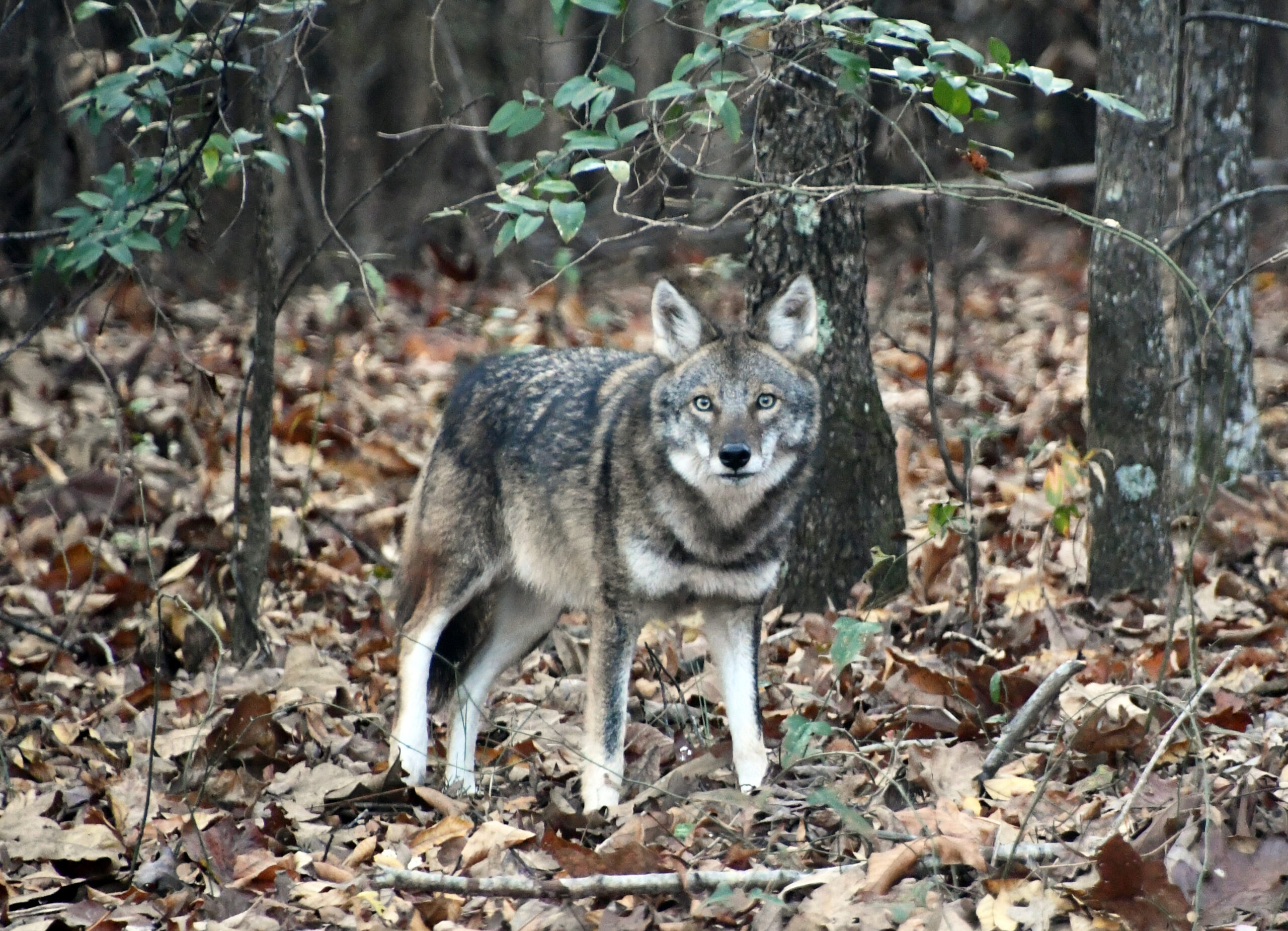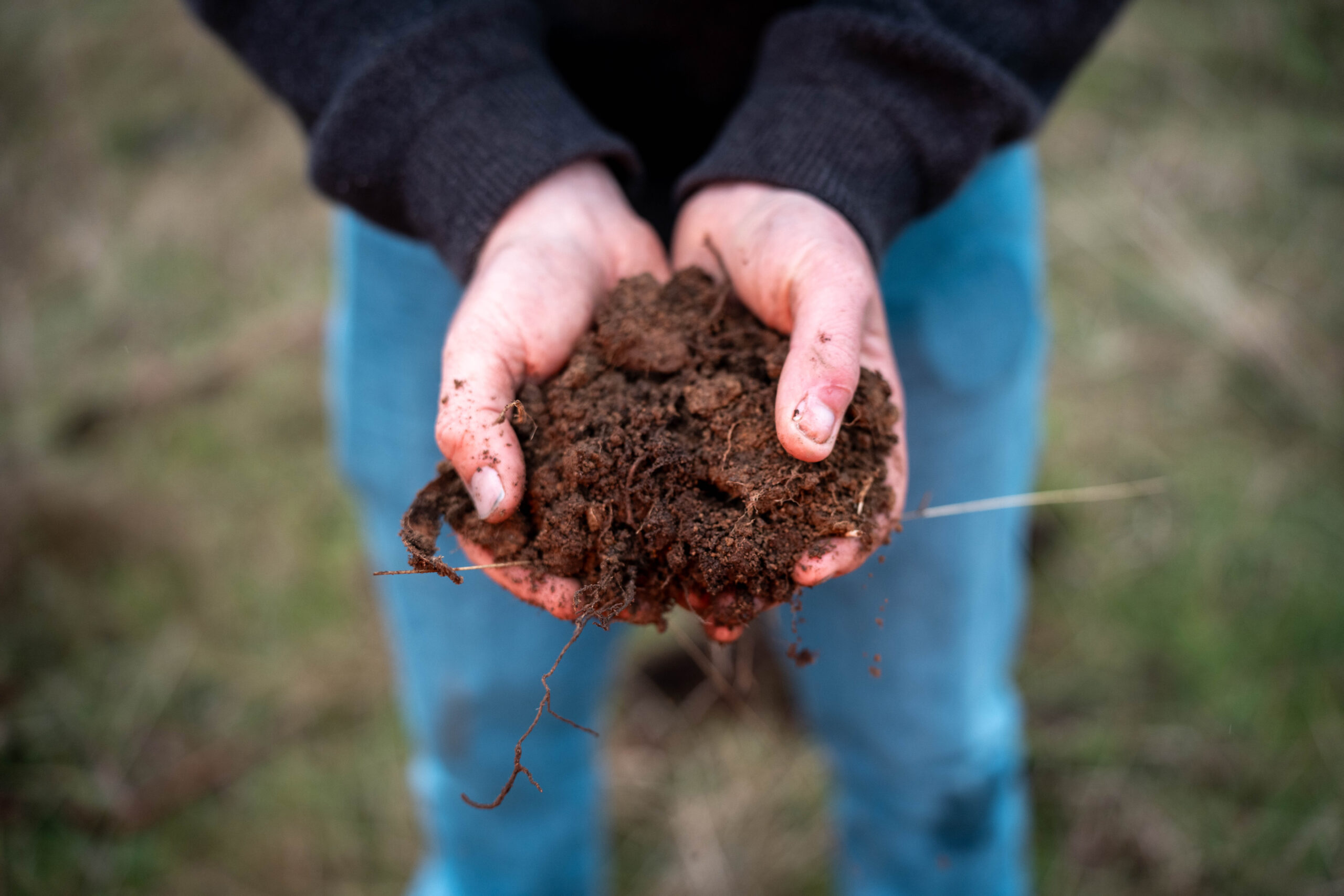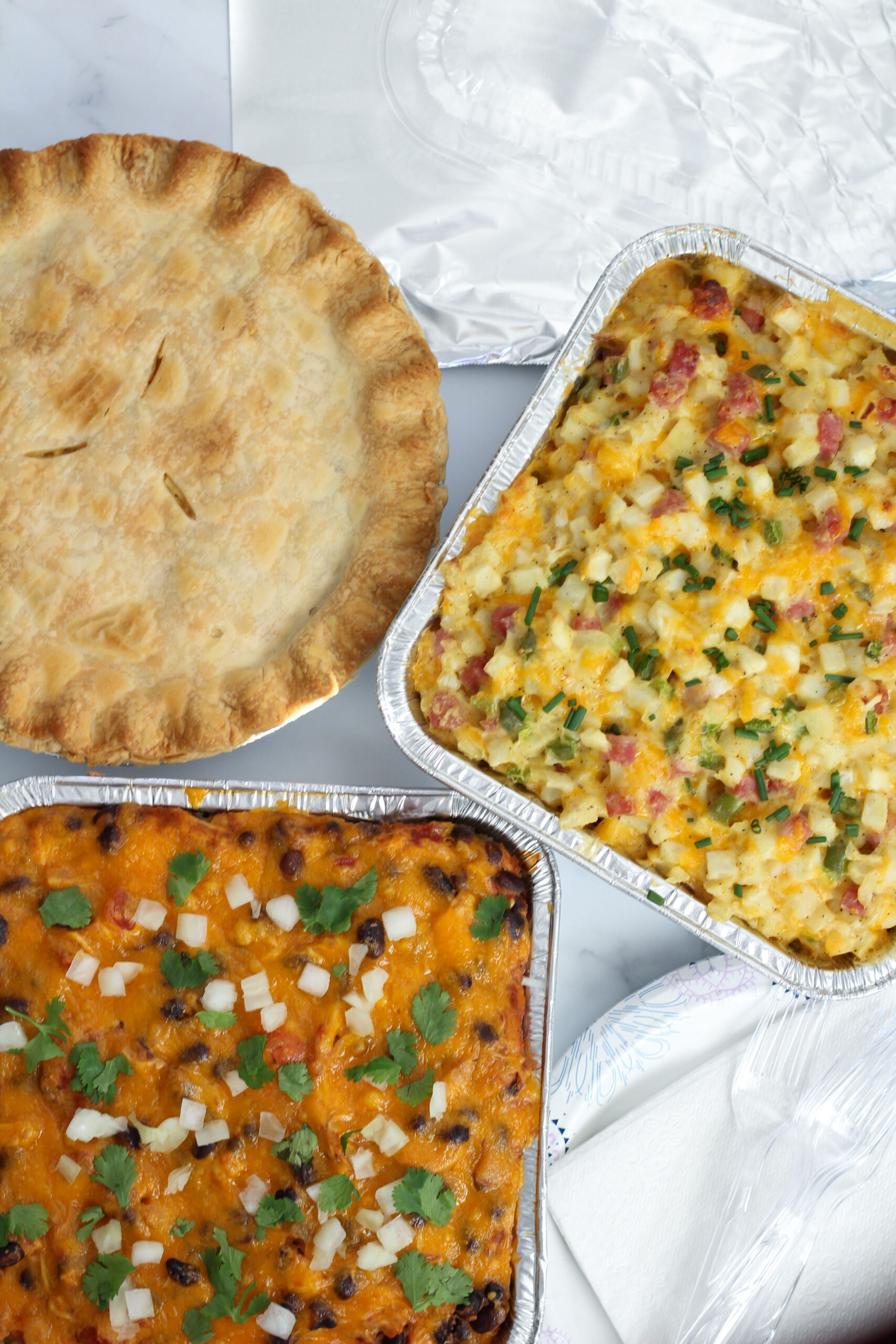By Emmett Burnett

With a population of about 3,000, geographically near the top of the state, you may be unfamiliar with Red Bay, Alabama. But your dog would love it. Red Bay is a small town with a giant industry – pet food from Sunshine Mills. To canine companions it is synonymous with Crunchin’ Bones, Meaty Treats, Pup Corn Plus, and more – much more.
From Red Bay’s corporate headquarters, Sunshine Mills employs 900 workers in 6 states. It produces dozens of pet food products under the company name and for private brand labels. It started with two men, a dream, and a wheelbarrow.
The duo was Omer J. Bullen and his son-in-law, Fred Bostick Jr. Omer began the company in the 1940s as a wholesale grocery business with a small animal feed trade. Fred came on board in 1947. In 1961 they took the food for dogs business by the collar.
Ralston Purina was getting into the dry pet food game and so would Fred, albeit on a smaller scale. “My father made the first batch of Sunshine Mills dry dog food in a wheelbarrow,” company president and CEO Alan Bostick recalls. “It was a combination of pork cracklings, animal fat-oil, and salt, mixed with Kellogg’s Cornflakes misfits.”
From basic beginnings, the recipe was tweaked, tested, and dogs loved it. The Bryan brothers of Tupelo, Mississippi (today known as Bryan Foods) could not supply pork cracklings fast enough. Sunshine added commercialization equipment, refined ingredients, and expanded product lines commercially and geographically and in pellets.
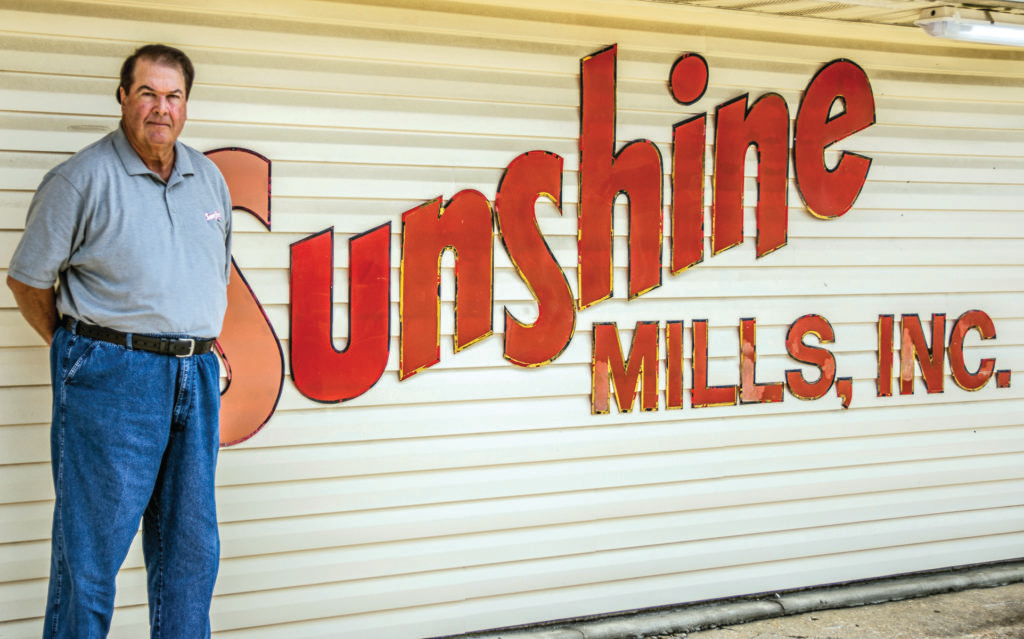
Fred’s sons, John and Alan Bostick, joined the team. John came on board in the 1970s. He helped develop the company’s economy dog foods into more complete lines. Alan Bostick became CEO and president in 1984.
What started in a 1961 wheelbarrow is now a company shipping pet food around the world. Red Bay alone produces about 750,000 pounds of dry pet food every 24 hours.
“That’s with all lines running which is most of the time,” says plant manager Chris Seahorn. “Most of the time everything is going.”
Seahorn noted typically the plant runs 7 days a week in the winter but less in summer – consumer demand falls in hot months but returns in the winter. The reason? Dogs eat less in the summer.
“Pet food is a seasonal business,” Bostick adds. “During warmer weather, dogs develop shorter coats, shed fur, and lose appetites. During winter, the opposite occurs. Days grow shorter which triggers a dog’s instinct to eat more and gain weight to get through winter.”
However, business spiked in the early days of COVID-19 as customers stockpiled pet foods just as they did human food.
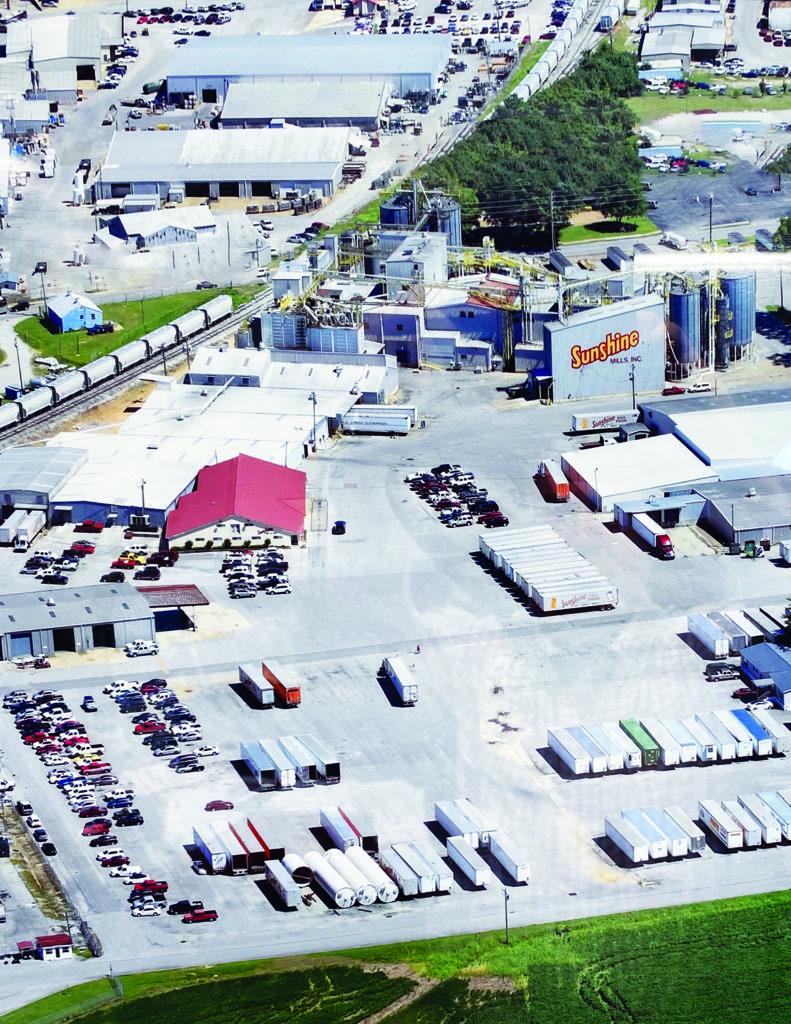
Feeding finicky felines
In 1984, Sunshine Mills took on a new client – cats. “Producing food that a cat likes is almost an art from,” Bostick says with a smile. “They are finicky and require more research.” At times, cats are frustrating.
“We can test a new product on 10 cats,” the CEO continues. “Eight may love it but two will hate it. Then you tweak it and the two former haters love it but now the other 8, don’t like it.”
Sunshine Mills’ production is about 80 percent dog food and 20 percent cat food, simply because dogs are bigger and eat more.
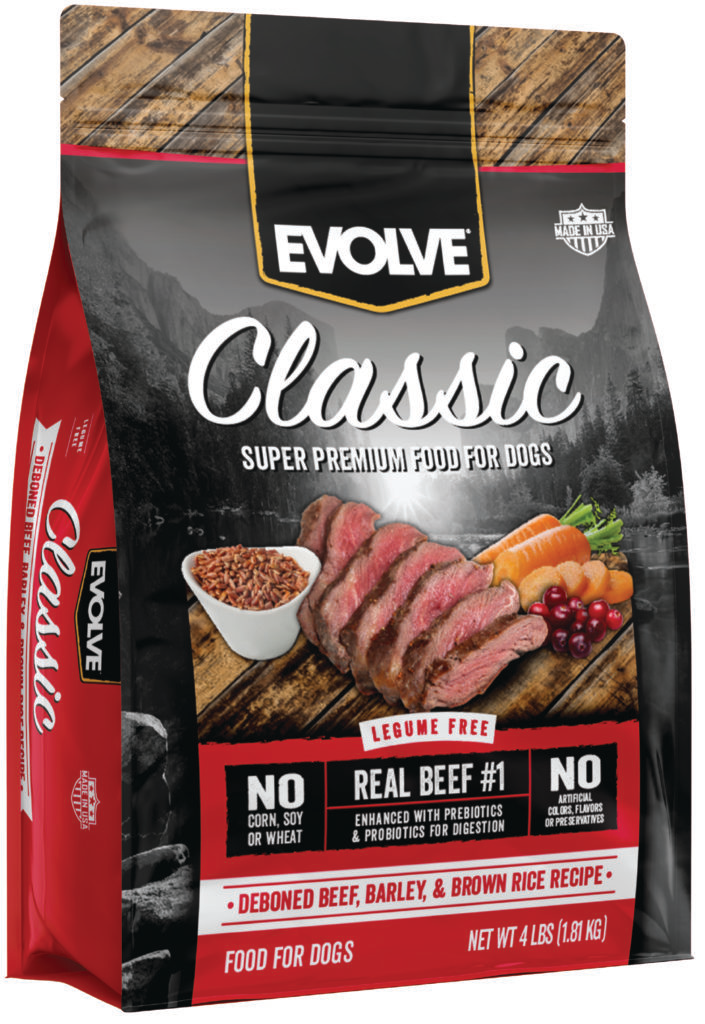
Photos courtesy of Sunshine Mills
One might think once a pet food recipe for main meals or chewy treats is established and the finished product tested, eaten, and endorsed by happy wagging tails, everyone lives happily ever after. But the pet food business has two customers: First, dogs have to love it and they do. But unless you are Scooby Doo, dogs have little discretionary income. People do.
“Today’s customers want premium pet food foods,” Bostick says. “It reflects the humanization of pet food. Pet owners want fine meat, gluten- and GMO-free ingredients. They want it to be more like human food.” Its brands Evolve Pet Food sold in grocery stores, Triumph Pet Food in pet specialty stores, and Sportsman’s Pride in farm & feed stores have a passionate fanbase locally and on social media.
According to the Humane Society, the U.S. has 86 million dogs and 78 million cats. They are potential customers. The huge four-legged customer base is partly why Sunshine Mills has grown since the first batch of pet food poured from Fred Bostick’s wheelbarrow.
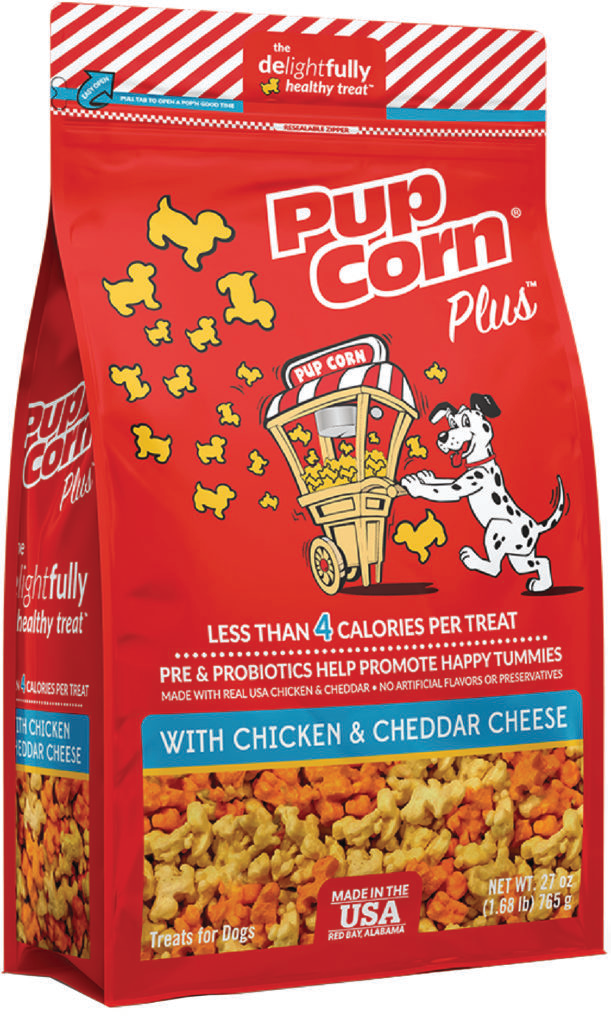
Photos courtesy of Sunshine Mills
His son Alan refers to the growth as “one stepping stone at a time.” In addition to the two Red Bay locations, other Sunshine sites include Tupelo, Mississippi, Dublin, Georgia, Greenville, N.C., Halifax, Virginia, and Elkhart, Indiana. Sunshine Mills also ships product to 30 countries.
With its significant strides in the pet food industry, corporate headquarters could be anywhere but remains in Red Bay. “This is where we started,” Bostick says. “I grew up here and my dad lived here. This is home.”
Pets from China to Guatemala have enjoyed Sunshine Mills products but none exemplify “lucky dogs” and “cool cats” more than Bostick’s pets. “I have 5 dogs and 9 cats. They usually receive something from the mill every day.”
Recently one of his cats took a liking to a company product intended for his dogs. “We are going to study this,” he notes.
Perhaps another new Sunshine Mills product development is in the works, only this time, without a wheelbarrow.

